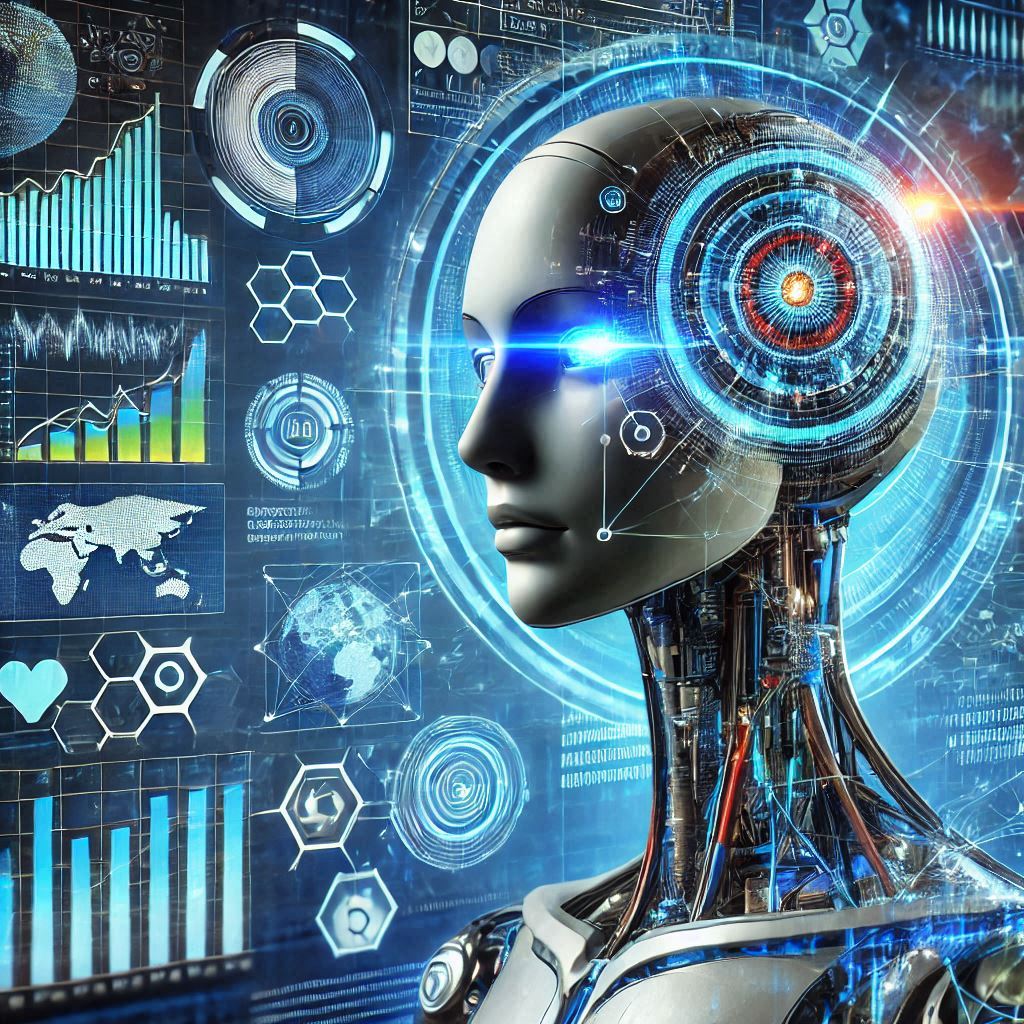|
Getting your Trinity Audio player ready...
|
The emergence of agentic AI represents a paradigm shift in how purchasing decisions are made, moving from human-driven to AI-driven processes. Unlike its predecessors – predictive and generative AI – agentic AI can autonomously execute actions on behalf of users, from booking vacations to ordering groceries. This evolution is already showing promise in the business world, with companies like Yum! Brands reporting improved sales and customer retention through AI-driven marketing initiatives.
The implications for businesses are profound and potentially disruptive. The traditional customer journey, which could take days or weeks, may collapse into seconds as AI assistants make instant purchasing decisions on behalf of consumers. This compression of the decision-making process means brands must fundamentally rethink their marketing strategies, focusing on positioning themselves favourably within AI algorithms rather than traditional consumer touchpoints.
The business impact extends far beyond marketing. Companies that adapt quickly to this new paradigm could gain significant competitive advantages through automated campaign management, real-time personalization, and AI-driven crisis management. However, this shift also presents existential challenges for businesses that fail to adapt their strategies for an environment where AI agents, rather than human consumers, become the primary decision-makers in many transactions.
The impact on the business world would be transformative in several key ways:
- Companies will need to develop new marketing strategies targeting AI systems rather than human psychology
- Businesses must invest in AI-readable data structures and interfaces to remain competitive
- Traditional sales funnels and customer journey maps will need complete reconstruction
- First-mover advantages in adapting to AI-driven commerce could create new market leaders
- The speed of business operations will increase dramatically, requiring more automated decision-making systems
- Customer service and relationship management will need to evolve to handle both human and AI interactions
